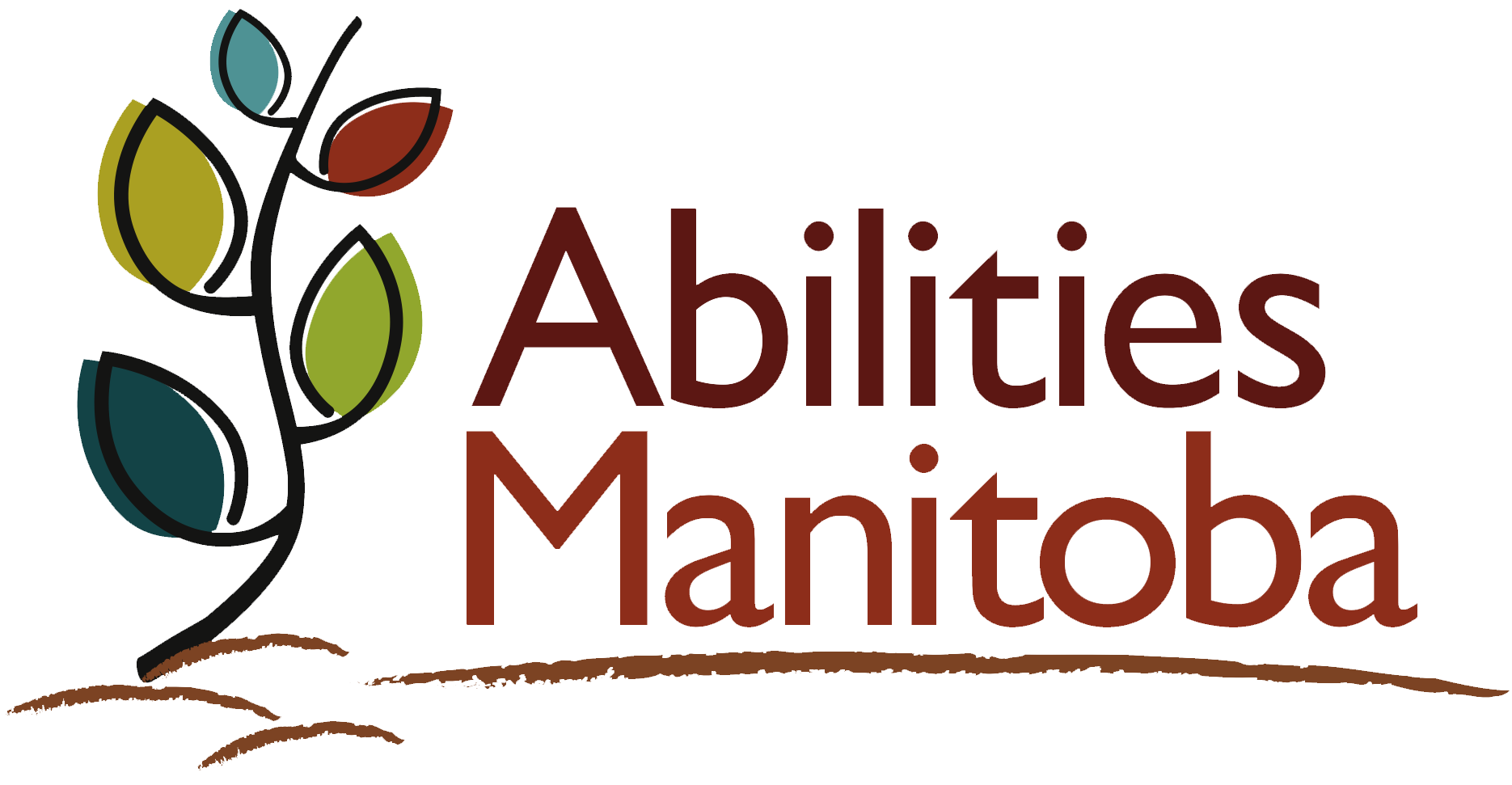Documents authored by Abilities Manitoba are available in alternative formats. For other shared documents and resources, please contact the original author. If you require any assistance please contact us and we will do our best to accommodate you.
You can contact us at admin@abilitiesmanitoba.org or 431-688-6108.
Leading Practice Guidelines
Supporting Culture, Language, Spirituality, & Identity
Type: Voice
Guideline: The organization supports, promotes and protects people’s connection with their culture and language, celebrates diversity and honours a person’s identity. The organization supports people to develop and maintain their personal, gender, sexual, cultural, religious and spiritual identity. People are respected and valued regardless of their needs, ability, or mental health status.
The organization has clearly defined congruent set of values and principles and demonstrates behaviours, attitudes, policies, structures and practices that enable them to support people’s wishes and practices that relate to their culture, language, spirituality and personal identity.
What does this look like?
The organization has formally committed to providing support and services in a manner that respects and promotes people’s wishes related to their personal identity, culture and language.
In this policy or statement of commitment, the organization details the expectations that they have for staff and community partners to create and maintain an atmosphere and culture of inclusion and respect for diversity. The statement and practices may include:
- People with culturally and linguistically diverse backgrounds are assisted to maintain their cultural identity and connection to community if they wish to.
- Clear processes on how to respond to racism or discrimination.
- The organization maintains appropriate community linkages and collaborates to meet the cultural, spiritual and language needs of people.
- People and staff to learn about and celebrate different cultural beliefs. Discussions are led by employees to promote open discussions about different culture groups that may include spiritual beliefs, holidays, diet, clothing, attitudes towards disabilities, language, gender related issues, and aging related issues
- People are treated according to their self-identified gender, meaning that transgender and gender non-conforming people are given access to sleeping quarters, bathroom facilities, and services based on their stated gender, not their assigned sex at birth.
- Each person’s preferences, their dietary requirements and cultural and religious beliefs are taken into account in relation to mealtimes and food provided.
- Supports and accommodations, such as transportation and easy-to-read materials should be provided as needed to facilitate the person’s preferred participation in spiritual or cultural activities of her/his choice.
- Cultural or spiritual communities should be encouraged to build their capacity to support and welcome individuals with intellectual and/or developmental disabilities and their families, and should be assisted in such efforts.
- Information is sought and maintained about people’s history, preferences and wishes related to their culture, language, spirituality and personal identity. Strategies that may assist include:
- Use an interpreter, if needed
- Develop an understanding of the person’s perception of disability – how does this person (or family or culture) perceive the disability
- Develop an understanding of the roles that religion and faith play in their life and in people’s well-being
- Develop an understanding of the role of cultural traditions in the person’s life
- Ask whether the person has had an opportunity to fully participate in their culture’s practices and traditions and whether they wish to in the future
- Assist the person to identify, explore, communicate and participate in the spiritual practices of their choice. Spirituality is an important part of human experience that may be expressed either through religious practice or through other spiritual activities, which carry personal meaning and reflect the person’s values.
Staff are provided with information and training to understand the organization’s expectations of their role in supporting culture, language and identity.
People and their families are assisted to understand their roles in supporting the culture, identity and spiritual practices of other members of the community and organization.
How would you know this is happening? (Evidence)
What you see in systems:
- Documented processes are in place that describe the system for maintaining and strengthening the cultural, spiritual and language connections of people served; for example, questions and information are asked and gathered about people’s preferences, culture, language, spiritual practices when they begin to received services and are maintained throughout. This information helps shape support and assistance.
- When people or their family need the assistance of interpreters, there is a documented system for accessing this.
- Content of training related to cultural competency is available along with evidence of completion by staff.
- People’s history, records of life experiences and achievements, school reports, photographs of meaningful and significant events and the names of significant people involved in the person’s lives are available in a portable format (e.g. a life book) that the person could take with them when moving or changing service providers.
What you see in actions:
- Staff respect the sexual orientation, gender identity, and gender expression of people served and their families.
- Staff demonstrate an understanding of:
- Cultural and linguistic diversity
- How and when to access an interpreter
- Community linkages and/or partnerships with specific services that relate to people’s culture, identity, or spiritual practices.
- Feedback from people served and their families indicates that they feel that their culture and identity is valued and promoted and that they are assisted to participate in cultural or spiritual practices as they wish.
Resources to support achieving guideline:
- National Center for Cultural Competence – Georgetown University
- Bridging Diversity Toolkit – Connectability
